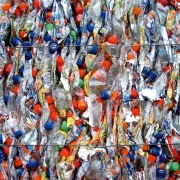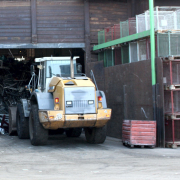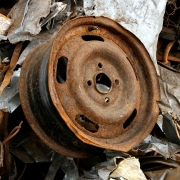Safe and Efficient Waste Shipments Require Strengthened Recycling and Recovery Markets in the EU
Waste shipment within the EU is necessary because facilities are becoming more specialised, and no Member State has on its territory facilities for all waste streams and treatments. Restricting movement of waste would inevitably lead to critical situations in countries where certain recovery and disposal installations do not exist, as well as in emergency situations. Improving the procedures for “pre-consented facilities” is crucial to facilitate shipments for recycling and recovery.
Regarding waste exports outside EU, FEAD strongly stands by the objectives of the Basel Convention to restrict exports of non-hazardous, untreated waste to countries (non-OECD) where environmentally sound practices cannot be ensured. Yet, it remains essential that operators are allowed to safely export waste beyond EU borders to be integrated as secondary raw materials from recycling in the manufacturing process, thus avoiding the use of virgin raw materials. Achieving circularity inextricably relies upon exports beyond EU borders, where a large fraction of the global manufacturing is located.
In this regard, a list of countries (having expressly requested to import waste) would be an unwanted and extreme administrative burden for all parties and would have a disproportionate deterrent effect. Sound environmental management, transparency, and traceability would be equally and sufficiently ensured through an audit procedure.
To tackle increasing amounts of waste and achieve the EU circular economy objectives, FEAD considers it crucial that any restrictions in the exports of waste are preceded and accompanied by measures that foster recovery and recycling markets in the EU through:
- public support;
- mandatory recycled content targets in sectoral legislation (extended to a wider range of products’/materials’ categories);
- mandatory green public procurement criteria;
- financial incentives (i.e., reduced VAT for products which re-incorporate raw materials from recycling); and
- EU-wide end-of-waste criteria, when feasible, to facilitate exports of secondary raw materials from recycling inside and outside the EU.
Such measures would provide the necessary long-term stability in the demand for recycled materials in manufacturing processes, resulting in additional investments and pushing towards circular economy models.
As a representative of the entire waste management value chain, FEAD looks forward to a constructive contribution in the revision of the Waste Shipment Regulation.
Source: FEAD (Brussels, 21 January, 2022)








